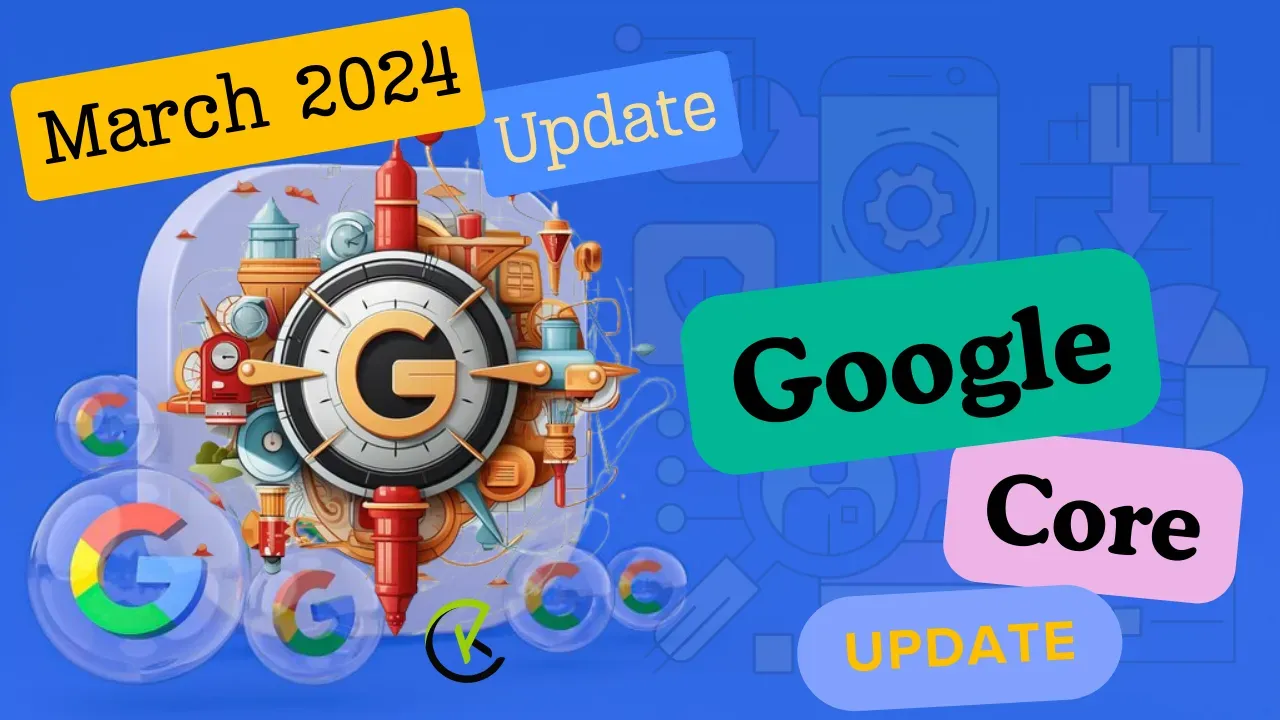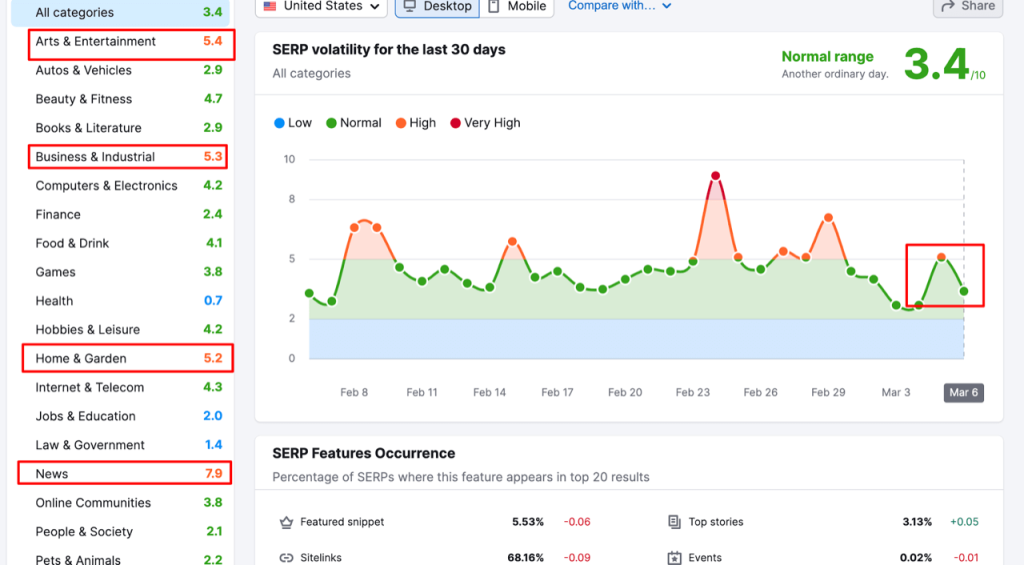Google March 2024 Core Update: What SEO Experts and Content Marketers Need to Know
Admin / April 10, 2024

Google is determined to reduce low-quality and spammy content by a staggering 40%. The latest Google core update is centered around the importance of quality and relevant content. Measures have been implemented to ensure that only content that adds value to readers appears in search results. If you're curious about the details of the update and how to meet its requirements, stick around as we'll explain everything you need to know. We'll cover the March 2024 core update and its impact on websites, how content marketers and SEOs can navigate the update, and how AI writing tools can assist marketers in adhering to Google's core updates. Let's dive in.

The Google Core Update is a part of Google's ongoing efforts to enhance user experience and provide high-quality search results. The goal is to regularly update algorithms to ensure that users receive the most valuable and reliable information when conducting searches on the SERPs. This particular core update focuses on targeting low-quality, unoriginal, and unhelpful content while promoting more useful and relevant content on the SERPs.

In March 2024, Google announced one of its most significant algorithm updates, which had a significant impact on websites and put them at risk of being completely deindexed from the SERPs. The aim of this update is to rank valuable and relevant information on the SERPs, with an emphasis on content that adds value to readers rather than simply matching search queries.
According to Google, this update involves refining core ranking systems to determine if webpages are unhelpful, provide a poor user experience, or appear to be created solely for search engines rather than people. This includes sites that are primarily designed to match very specific search queries. The update aims to reduce unoriginal and poor content in Google's search results by 40%, as stated by Elizabeth Tucker, Director of Product Search at Google.

Websites that have poorly researched, thin, or duplicated content, as well as those that do not prioritize user experience, are at risk of being penalized. As a result of the update, websites may be deindexed, meaning they will no longer appear in search results for any query. Google reserves the right to deindex websites without notifying their owners, making it challenging for them to correct their mistakes or get their websites indexed again.
Google is placing a strong emphasis on high-quality content. Websites that host poorly written, spammy, and unhelpful content are being targeted. Google has developed a strict algorithm to identify websites with low-quality content and reduce their traffic while increasing traffic to high-quality sites. This applies to both AI-generated and human-written content. AI content, when done correctly, can perform well on the SERPs. However, it is essential to revise AI-generated content manually to ensure its quality and long-term traffic gains.
To combat spammy practices, Google has introduced new spam policies. These policies aim to penalize reputable websites that redirect visitors to websites with low-quality content. Google now considers very low-value, third-party content produced primarily for ranking purposes, without close oversight from website owners, to be spam. This is to address the issue of expired domains being repurposed to create spammy content and take advantage of their established presence and audience.
The March Google Core Update has had varying impacts on popular websites. Companies like Amazon, YouTube, and Facebook have seen an increase in visibility, while websites such as Wikipedia, Reddit, and IMDB have experienced a decline in visibility. It is crucial for websites to adapt to these changes promptly to maintain or improve their rankings on the search results.
Content marketers can navigate this update by assessing the impact on their websites and adjusting their content strategies accordingly. It is essential to manually check if a website has been deindexed and monitor website traffic using tools like Ahrefs, Semrush, or Google Analytics. Content strategies should focus on providing valuable content that satisfies readers' needs, rather than solely focusing on SEO tactics. It is crucial to avoid spammy content and links, linking only to credible and relevant sources and avoiding practices like keyword stuffing and content spinning.
In order to adhere to Google's core updates, content marketers can utilize AI writing tools like Article Writer 6.0 from Writesonic. This tool allows content marketers to scale their content processes while maintaining high-quality content. Article Writer 6.0 is trained by content experts to create insightful content that adds value to readers. Unlike other AI tools that generate spammy and repetitive content, Article Writer 6.0 keeps track of its sources and provides references for the content it generates. It also scouts the web for the latest information on a topic, ensuring that the content created is relevant and up to date.
Google's core update aims to reduce low-quality and spammy content, promote high-quality and relevant content, and penalize websites that engage in spammy practices. Content marketers need to assess the impact on their websites, adjust their content strategies, and avoid spammy content and links. AI writing tools like Article Writer 6.0 can assist content marketers in adhering to Google's core updates by creating valuable and user-focused content.